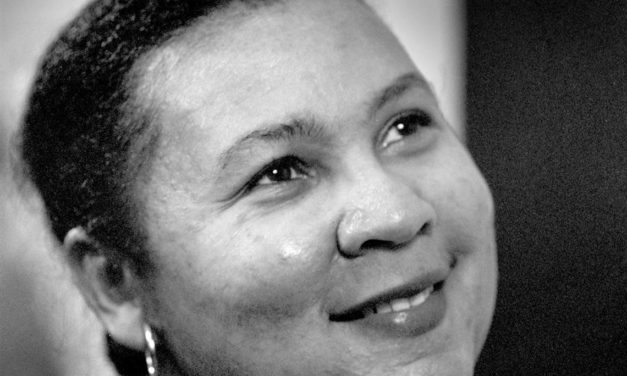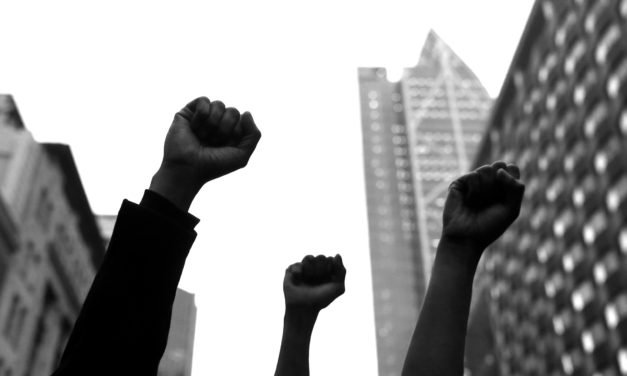Rememberings and Recommitments for 2022
Should 2021 be forgotten? The answer is a resounding, “No … AND …” for me. As we enter 2022, our invitation is for you to consider the following: What am I remembering? What am I unlearning? What am I redefining? These questions allow for the honoring, learning, and contemplation of the past while also facilitating intentionality and imagination around the future. Sankofa.
Read More

























